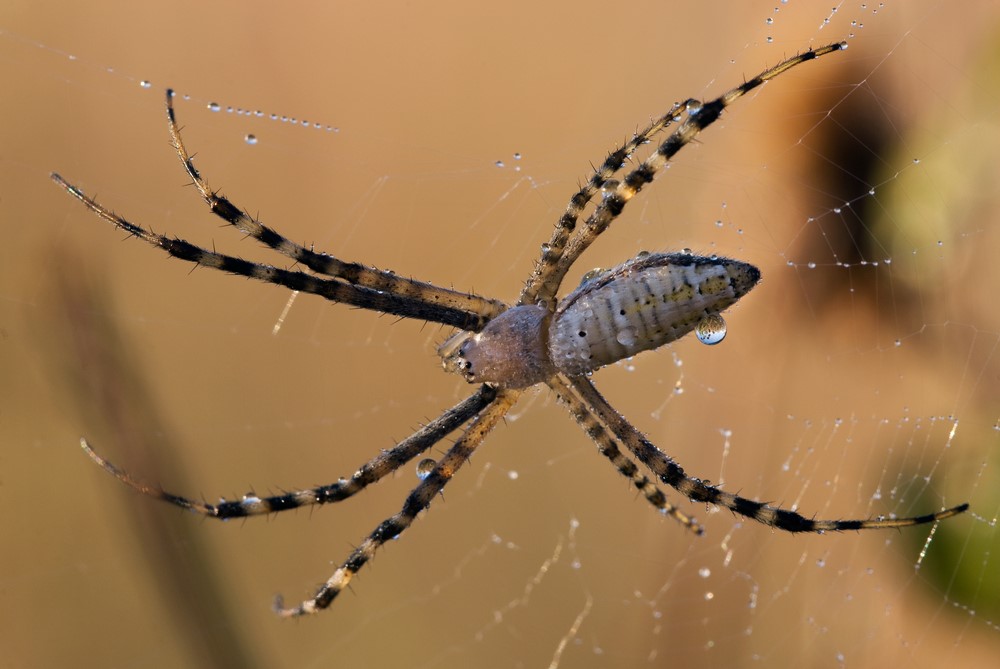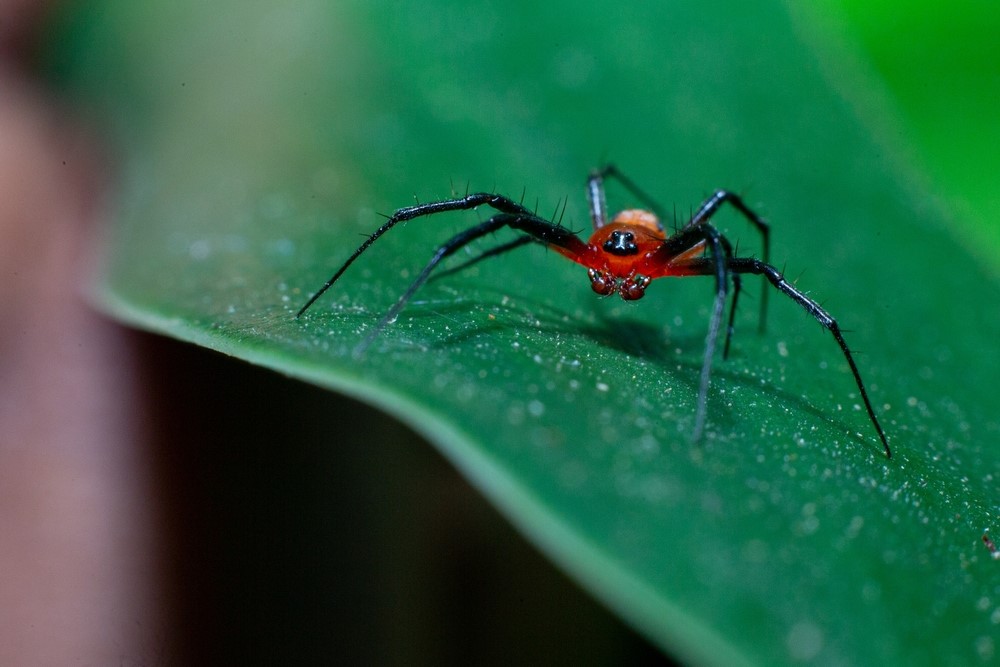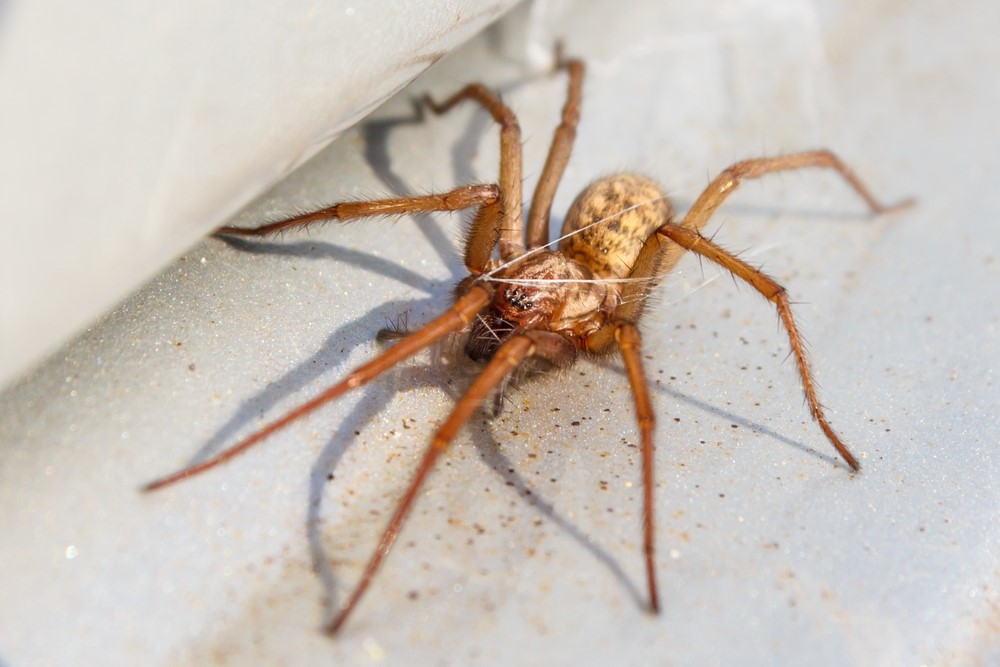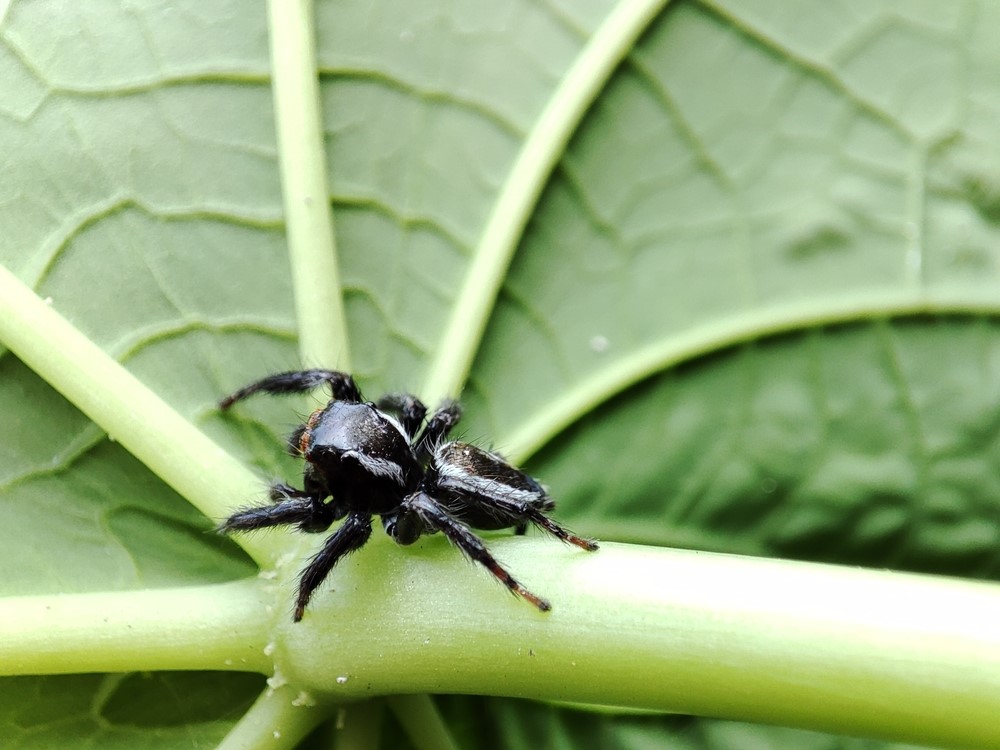What are the spiders?
Spiders are arachnids, meaning they have eight legs and two parts to their body. They are found in a variety of habitats, from gardens and fields to deserts and forests. Spiders come in different sizes and colors, with some measuring less than 1/4 of an inch long while others can be up to four inches long. Spiders feed mainly on insects, although some have developed the ability to capture small vertebrates like lizards and frogs. Most spiders use venom to subdue their prey, while others rely on strong webbing or other physical traits to trap their food. Although spiders are often feared due to their sometimes intimidating appearance, they play an important role in controlling insect populations and helping to keep the environment healthy.
What are the Michigan spiders?
Michigan is home to a variety of spiders that can be found in many different habitats. Some of the most common species of spider in Michigan include the Wolf Spider, Jumping Spider, House Spider, Fishing Spider and Orb Weaver. The Wolf Spiders are usually large and hairy and can be found throughout the state. They prefer to inhabit wooded areas and do not spin webs, instead relying on their speed to catch prey. Jumping Spiders are small and usually have dark coloring with white or yellow markings. They use vision to detect their prey, leaping long distances to catch them. House Spiders, as the name implies, typically dwell in homes where they feed on insects and other small pests. Fishing Spiders are large and live near water sources, where they can feed on insects, small fish and frogs. Orb Weavers construct intricate webs that span across branches and other objects. Some species of Orb Weavers are brightly colored with yellow or orange stripes. All spiders in Michigan should be approached with caution as their venomous bites can cause severe reactions in humans. It is important to properly identify Michigan spiders before attempting to handle or remove them from the home. Professional pest control services should always be consulted for assistance with any spider infestation. By understanding more about Michigan’s spiders, homeowners can make informed decisions about how best to protect their families and property from these often misunderstood creatures.
The Different Types of Spiders Found in Michigan
Michigan is home to a variety of Michigan spiders, ranging from the common house spider to the venomous black widow. One of the most common spiders in Michigan is the American House Spider (Parasteatoda tepidariorum). This species has grey-brown coloration and long legs, and can often be found lurking in dark, secluded areas of the home. Other Michigan spiders include the Hobo Spider (Tegenaria agrestis), which has a dark brown coloration and a distinctive white stripe across its head, as well as the Yellow Sac Spider (Cheiracanthium inclusum). This species is yellowish-green with black stripes on its body, and it is commonly found inside homes. Some of the more dangerous spiders in Michigan include the Brown Recluse (Loxosceles reclusa) and the Black Widow (Latrodectus mactans). These venomous spiders should be avoided at all costs!

How to Identify Venomous Spiders in Michigan?
Identifying venomous spiders in Michigan can be tricky, as there is a wide variety of spider species found throughout the state. However, there are several key features that can help you determine if a particular spider is dangerous. The most important feature to look for is the presence of two distinct triangular-shaped marks on its back. This marking is typically a warning sign to predators of the spider’s potentially dangerous bite.
Another tell-tale sign that a particular species is venomous is the coloration of its abdomen. Brown Recluse spiders typically have a yellow or tan colored body, while Black Widow spiders tend to be shiny black with red markings on their abdomen. It is important to note that not all spiders with these colors are venomous, but it is a good indicator to be aware of. Additionally, some species of dangerous spiders may have spines or hairs on their legs and bodies – so keep an eye out for this as well!
If you encounter a spider that you think may be dangerous, the best course of action is to be cautious and move away from it. It is also important to not touch or disturb any spiders you find, as this can cause them to become defensive and potentially bite. If a dangerous spider does bite you, seek medical attention immediately, as some species have venom that can be deadly if left untreated.
By recognizing and understanding the types of spiders that are dangerous and potentially deadly, you can help protect yourself, your family, and your home from potential harm. Be sure to take the necessary steps to properly identify any spiders you encounter, use precautions like screens on windows and doors, and keep an eye out for webs in corners or other dark places. By taking these simple steps, you can help protect yourself, your family, and your home from any potentially dangerous spiders. Knowing how to identify the most dangerous types of spiders is an important step in protecting yourself and your loved ones. Take the time to educate yourself on the different species of spiders and what precautions should be taken when encountering them.
Steps for Spider Prevention and Removal in Your Home
When it comes to preventing and removing spiders from your home, there are some simple steps you can take. Start by cleaning up the areas around your home that may provide shelter for spiders, like woodpiles, debris piles, crawl spaces, basements and attics. Additionally, seal cracks and gaps around windows and doors to prevent them from entering.
You should also regularly vacuum and dust your home, as spiders can be attracted to dead insects. Finally, use a quality insecticide around the exterior of your home to create an unpleasant environment for spiders that may enter your property. If you have severe spider problems in or around your home, it’s wise to contact a professional pest control service. They will be able to assess the severity of the problem and recommend appropriate treatments.
If spiders have already made their way into your home, there are several things you can do to help get rid of them. Begin by using a vacuum cleaner with a crevice tool to remove spider webs and egg sacs from corners and other hard-to-reach areas. If the problem persists, consider using a pesticide spray in areas where spiders are commonly found. These sprays will usually contain an insecticide that is harmful to spiders, but it’s important to follow all instructions carefully and keep children and pets away from the area until it has been completely dried.

Common Misconceptions About Spiders in Michigan
Many people are scared of spiders, and unfortunately there are some misconceptions about the species found in Michigan. One common misconception is that all spiders are dangerous or poisonous. In reality, only a small number of spider species in Michigan can cause significant harm to humans, and most bites result in minor symptoms such as redness, itching, or swelling. Additionally, Michigan spiders are not out to get us – they are actually beneficial predators that help keep the insect population in check.
Another misconception is that all spiders create webs. While most spiders build webs as part of their hunting strategy, some species do not construct webs at all and instead prefer to ambush their prey or hunt on the ground. It is also important to note that spiders are not insects – they belong to the class Arachnida, which includes scorpions and ticks.
Finally, it is essential to recognize that Michigan spiders should not be feared or eradicated; they play a critical role in balancing our environment and deserve our respect. By learning more about these fascinating creatures, we can ensure that their populations remain in check and appreciate them for the important ecological services they provide.

The Benefits of Having Spiders Around the House
Having Michigan spiders around the house can be beneficial in several ways. Not only do they help to control insect populations, but they also keep other pest populations in check as well such as mosquitoes and flies. Besides providing natural pest control, spiders can even create a biological filter that traps dust particles, helping to reduce allergens in the home. Spiders can also act as natural predators, reducing the number of disease-carrying pests like ticks and fleas. Additionally, they can help to make our homes more beautiful by adding interesting webs or burrows that provide visual interest and add a unique touch to the environment. Finally, spiders can even offer medical benefits as some spider venom has been found to contain antibacterial and antifungal properties, which can help to reduce the spread of diseases.
Overall, spiders offer a wide range of benefits that make them an integral part of our natural environment and a welcome addition to any home or garden. So, don’t be afraid to embrace these eight-legged friends and allow them to help make your home and garden a better place. After all, these helpful little creatures can play an important role in maintaining a healthy ecosystem for us all!
What You Need to Know About Spider Bites in Michigan
Spider bites are a common occurrence in Michigan, and it’s important to know what you should do if you or someone else is bitten. Here are some tips on how to identify a spider bite and the best course of action to take:
- First, try to identify the spider that bit you. In Michigan, the most common spiders are the brown recluse, the black widow and the hobo spider. Each of these Michigan spiders have different venom that could cause varying reactions in humans. If you can’t identify the spider, seek medical attention immediately.
- Second, if you think you have been bitten by a spider, wash the area with soap and water and apply a cold compress or ice pack to reduce swelling.
- Third, take a picture of the bite if possible. This can help your doctor identify the spider and determine the best treatment.
- Fourth, monitor the area for any changes or signs of infection such as redness or swelling that may require medical attention. In some cases, antibiotics may be necessary to fight off any infection.
- Finally, if you have been bitten by a venomous spider or suspect this may be the case, don’t wait for symptoms to appear. Seek medical attention immediately as some spider bites can cause life-threatening reactions in humans.
By following these steps, you can reduce your risk of serious health issues from spider bites. Learning to correctly identify spiders and how to react if bitten can save you from a painful, and potentially dangerous experience.
Stay safe!

Get the Professional Services That Can Help with Spider Prevention and Removal
If you find yourself with a spider problem at home, professional services may be the best solution. Pest control professionals can identify any potential spiders in your home, as well as help prevent future infestations. They can provide advice on how to reduce the likelihood of spiders entering your house and provide treatments to keep them away for good.

